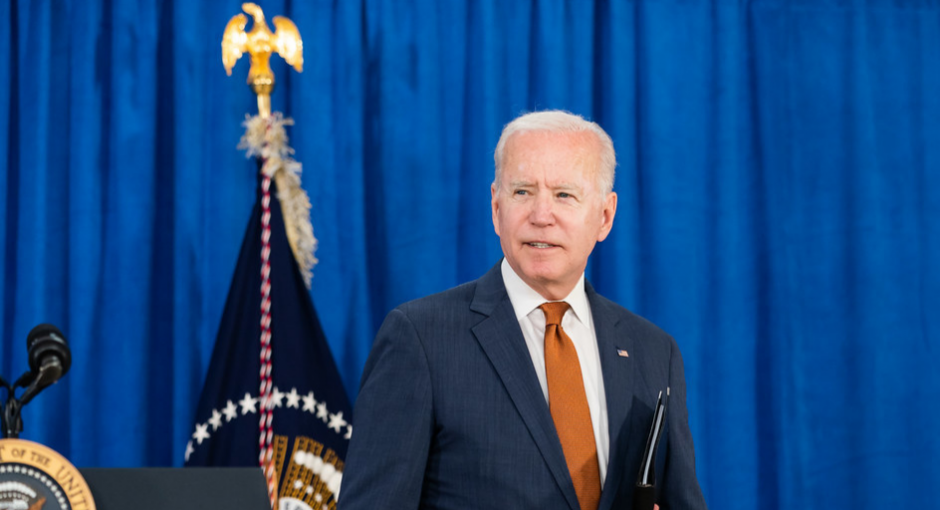President Biden last Friday gave U.S. Health and Human Services Secretary Xavier Becerra 45 days to deliver a plan “to combat excessive pricing of prescription drugs.” Becerra’s deadline is Aug. 23.
Biden included drug pricing directives in a far-ranging July 9 executive order aimed at boosting competitiveness in the U.S. economy. In addition to recommending how to fight excessive drug prices, Biden wants Becerra’s plan to address how to “enhance domestic pharmaceutical supply chains, to reduce the prices paid by the federal government for such drugs, and to address the recurrent problem of price gouging.”
Becerra will submit his report jointly to Susan Rice, the Assistant to the President for Domestic Policy and Director of the Domestic Policy Council, and to Brian Deese, Director of the National Economic Council. The executive order tapped Deese to lead a new White House Competition Council.
Regarding prescription drugs, Biden’s executive order also:
- directs the Food and Drug Administration (FDA) to work with states and tribes to safely import prescription drugs from Canada
- directs HHS to increase support for generic and biosimilar drugs
- encourages the Federal Trade Commission (FTC) to ban “pay for delay” agreements, in which brand-name drug manufacturers pay generic manufacturers to stay out of the market.
“What we’ve seen over the past few decades is less competition and more concentration that holds our economy back,” Biden said upon signing his executive order. “We see it in big agriculture, in big tech, in big pharma. The list goes on.”
“Take prescription drugs: Just a handful of companies control the market for many vital medicines, giving them leverage over everyone else to charge whatever they want,” he continued. “As a result, Americans pay two and a half times more for prescription drugs than in any other leading country. And nearly one in four Americans struggles to afford their medication.”
In addition to addressing the high cost of prescription drugs, the executive order calls upon Becerra to look into the President’s belief that hospital mergers and consolidation in the health insurance industry hurts consumers and how to address the matter.
340B Noticeably Absent
It is not known whether Becerra’s plan will address the 340B drug pricing program. In May 2018, the Trump administration issued a “blueprint to lower drug prices and reduce out-of-pocket costs.” 340B “reform” was a central component of Trump’s blueprint. It said 340B discounts “may have created additional pressure on manufacturers to increase list price.” The document posed a series of questions that suggested the administration favored narrowing the 340B definition of patient, and taking additional steps to prevent duplicate discounts in Medicaid “and other programs.” Former HHS Secretary Alex Azar, who was a long-time Eli Lilly executive, was not shy in calling for a major 340B overhaul throughout his four-year tenure.
Although Trump’s blueprint did not address reducing Medicare Part B reimbursement for hospitals’ 340B-purchased drugs, CMS began doing so in 2018. An HHS report issued 100 days after Trump’s blueprint came out cited CMS’s action as an example of the administration fulfilling its pledge to lower patients’ out-of-pocket costs for medicines.
Earlier this month, the U.S. Supreme Court agreed to review a federal appeals court’s July 2020 ruling upholding the legality of CMS’s nearly 30% reduction in 340B hospitals’ Part B drug reimbursement.


